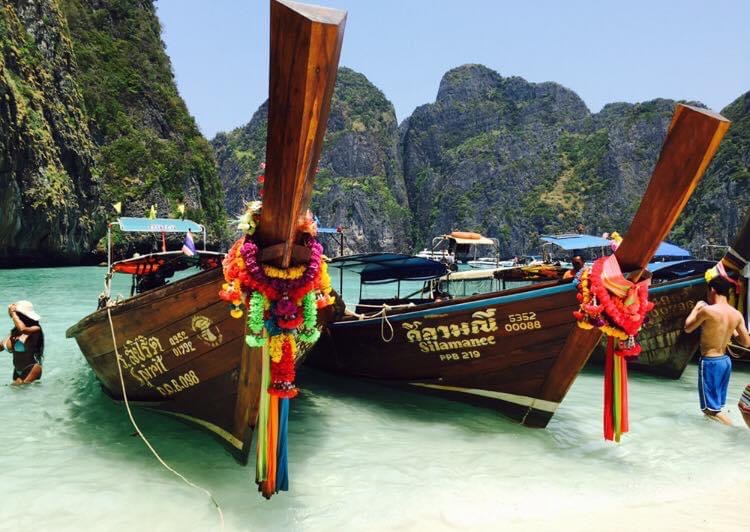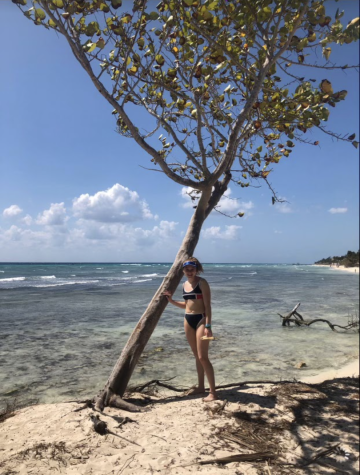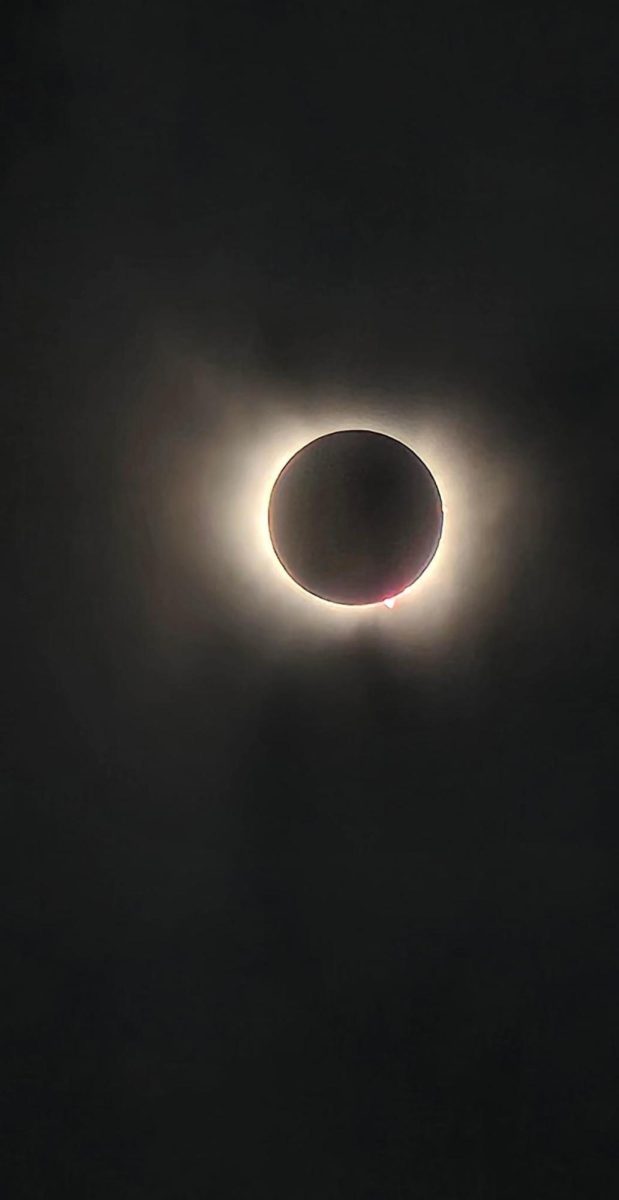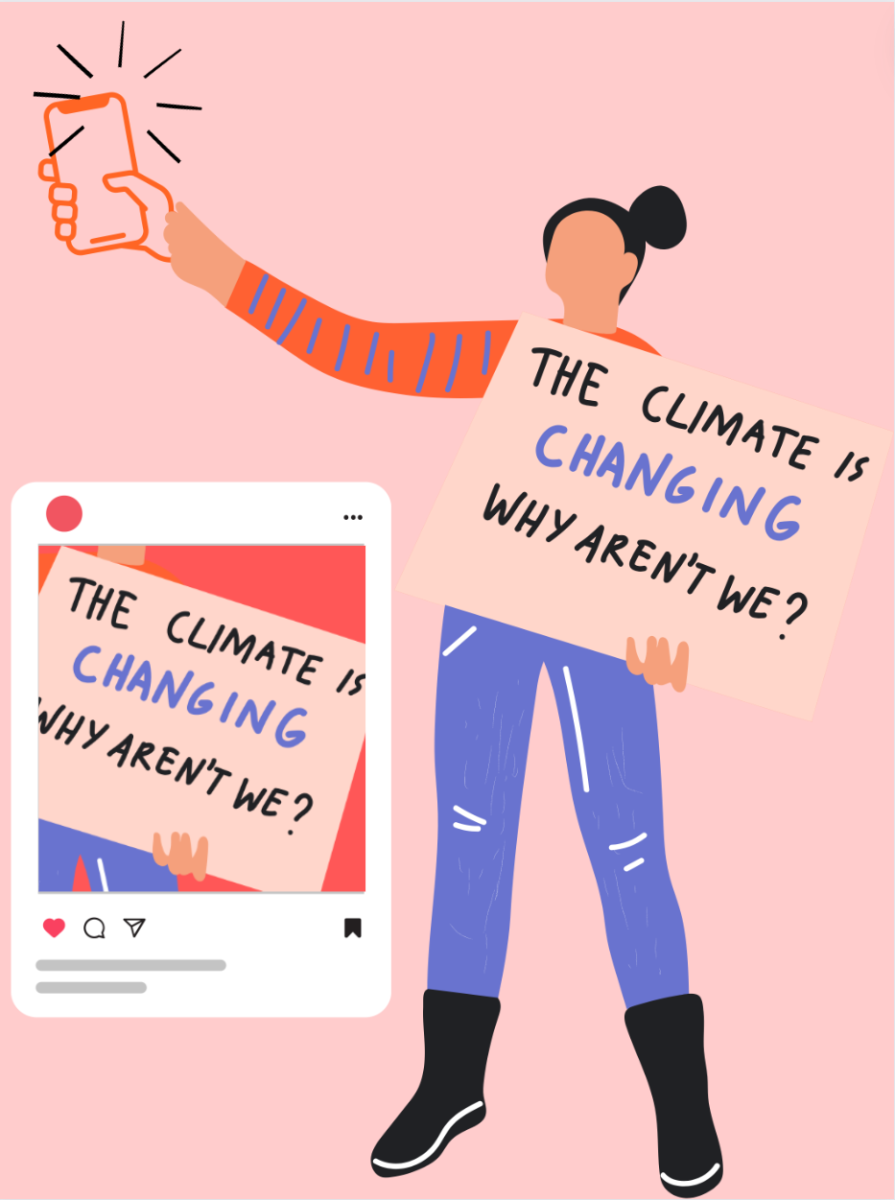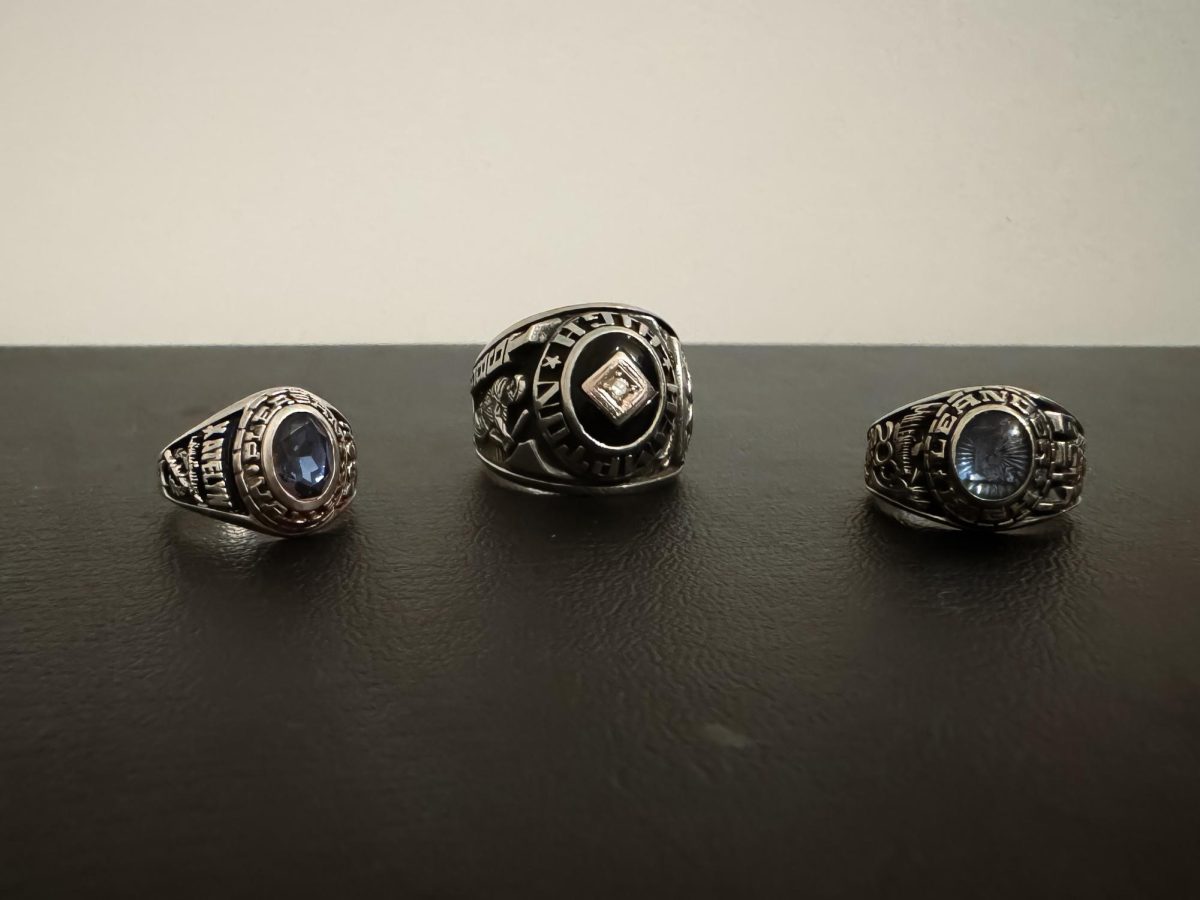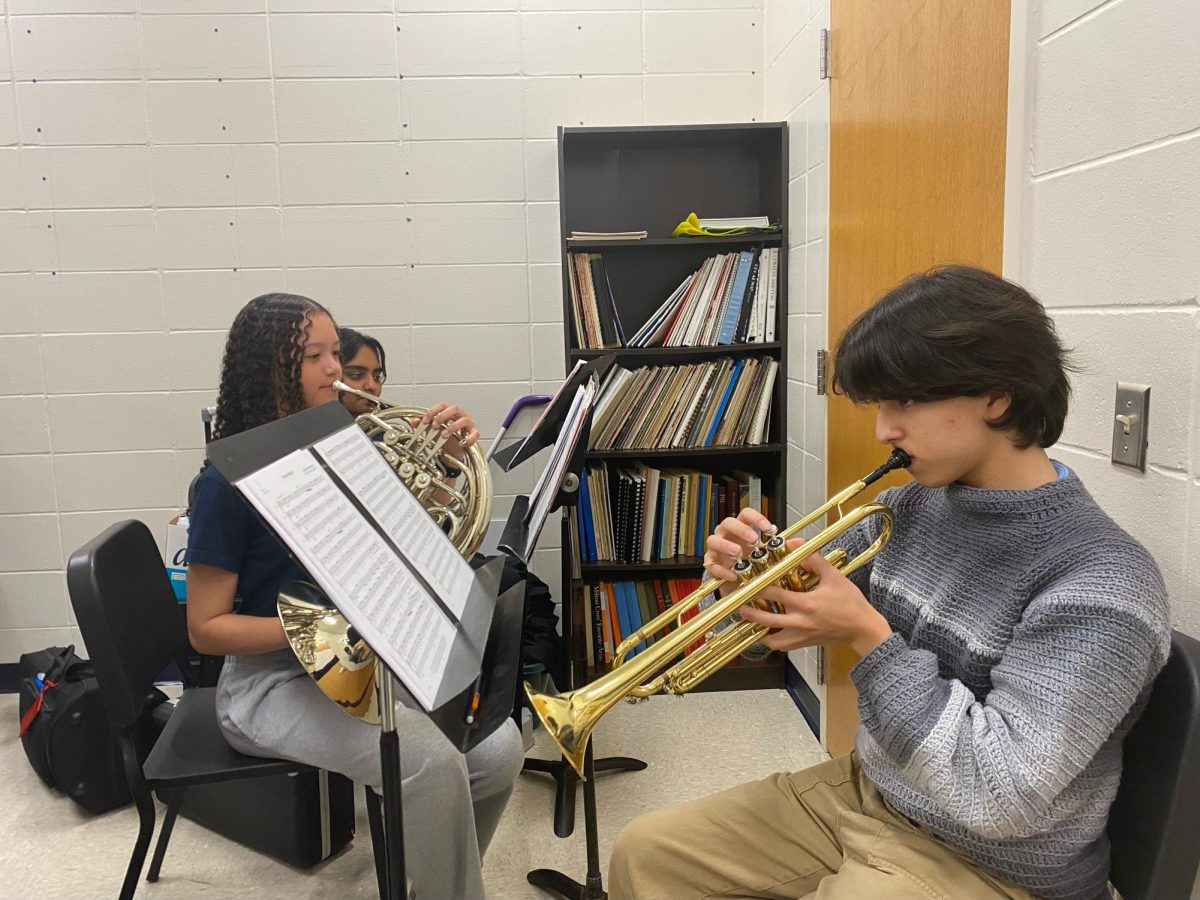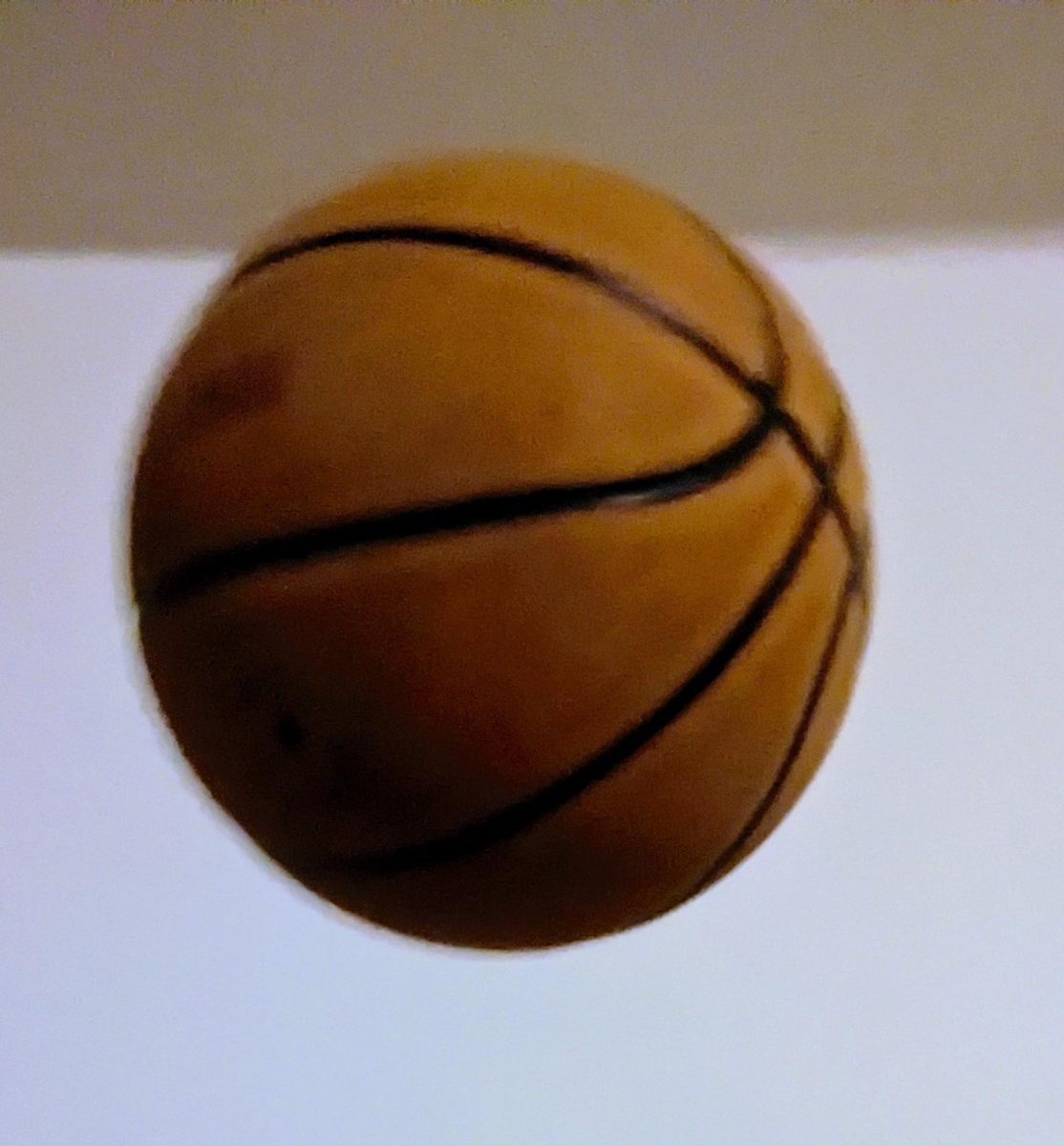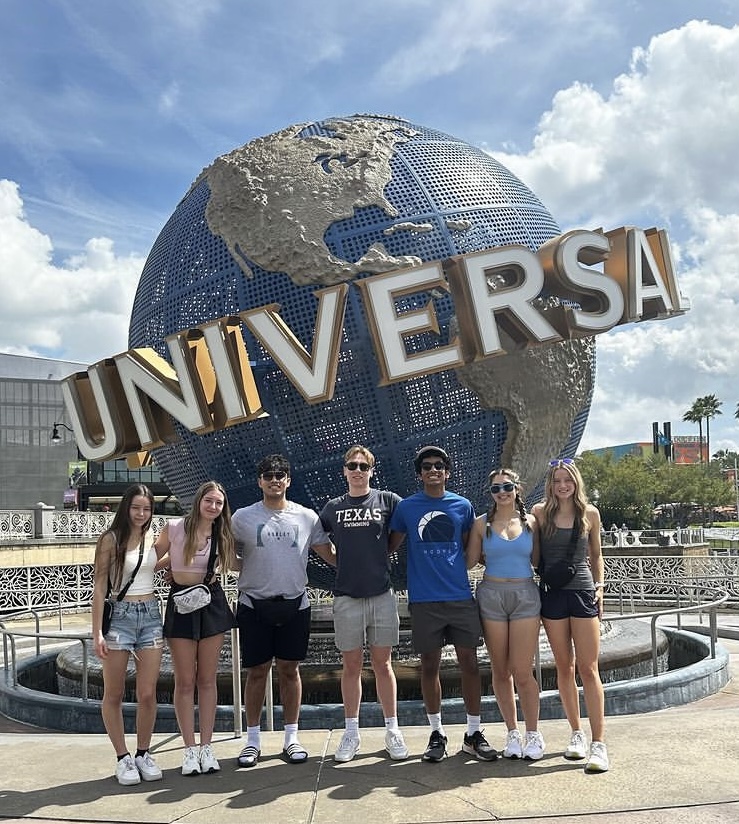Between February and April, around 30% of Americans made plans to travel during spring break this year. As they jetted off to exotic locations around the globe, most spent thousands of dollars, generating enormous revenue for tourism-oriented countries. What tourists often fail to consider, however, is the damage visitors can do to a country.
The environment is one victim of tourists’ behavior.
In 2018, Phi Phi Leh beach in Thailand— famous for its appearance in Leonardo DiCaprio’s “The Beach” (2000)—closed to the public. As the beach’s daily visitor count reached 6,000, sea life began leaving the area and endangered coral was dying at an alarming rate. Additionally, litter and pollution had inundated the surrounding land.
Phi Phi Leh remained closed for four years before reopening to visitors in 2022. In this short amount of time, life was able to return to the area, transforming the beach into a tropical paradise once again. Since the reopening, a new list of rules has been implemented, including no boats, drones, littering or swimming for tourists.
Many countries around the world rely on the tourism industry for their economy. Despite this, it can be detrimental to locals. Venice has felt these negative effects to an extreme extent. Almost three times as many visitors a day as there are permanent residents are present, causing countless problems for the city.
Most rooms and apartments in Venice are rented out to visitors, pushing rent to unaffordable prices. Rising costs of necessary items have skyrocketed the cost of living, which now exceeds the average income of locals. Additionally, many tourists are day-trippers, who provide very little economic benefit to the city during their short stays.
Venetians are regularly impacted in simple, day-to-day ways as well. Thousands of tourists enter the city each day, clogging the streets and canals and preventing locals from getting to stores and restaurants. Even the city’s hospitals are often filled with tourists.
Teacher Lynne Lundberg traveled to Venice in 2015, experiencing the rush of visitors firsthand. “I spent a few days there and found it to be very crowded, especially in areas like San Marcos and the island of Murano. The vaparettos (water buses) were very crowded,” Lundberg remarked.
To prevent the overtourism of the city, some locals took to protesting. In 2012, locals calling themselves “No Grandi Navi”— meaning “no big ships” began blocking cruise ships full of tourists from entering and exiting the city. Years later, these efforts paid off as cruise ships were banned from the city’s major waterways, decreasing tourism, but not fully solving the problem.
Following in the footsteps of Venetians, Hawaiian locals have launched a similar movement, beginning social media efforts to share the harm of tourism in Hawaii. The residents suggest that, if people choose to go to Hawaii, it’s their responsibility to understand the parallels between tourism and the colonial history of the state and to respect the environment.
Hawaii, originally an independent nation, was overthrown by white businessmen in the 19th century before being admitted to the United States as a state. Back then, they wanted the land for sugar plantations, but commercial intentions have persevered. In the years since, the islands have been disrespected time and time again, treated as a mere vacation spot and having indigenous culture destroyed in favor of tourism.
Native culture in Hawaii is also threatened by overtourism. Many visitors carelessly trespass on sacred indigenous grounds, and traditions have been commercialized. The hula, one of Hawaii’s trademarks, came from indigenous people, who now dress in costumes to perform for profit rather than enjoyment and cultural celebration as it is intended for. The indigenous people who are employed in this industry are paid very little, and taken advantage of for their heritage.
Junior Josie Case spent her spring break in Hawaii, and noticed locals’ responses to visitors, “You can tell that people that live in Hawaii get annoyed …. because tourism brings a lot of people, and it raises the prices,” shared Case.
So, what should people do as tourists in order to be respectful?
The first step is to educate themselves on the local culture and the major heritage sites. By doing this, they can ensure that they are not crossing any boundaries. Taking care to avoid chains and spend money at small businesses run by locals is another way to be an ethical tourist. Finally, they can attempt to avoid areas that are oversaturated with tourists, especially if natives to the area request people to refrain from going.
By taking part in these steps, tourists ensure that the damage caused by their vacation is minimized. As more people are mindful of the impact they make, the future of tourism may take a turn towards the positive.








